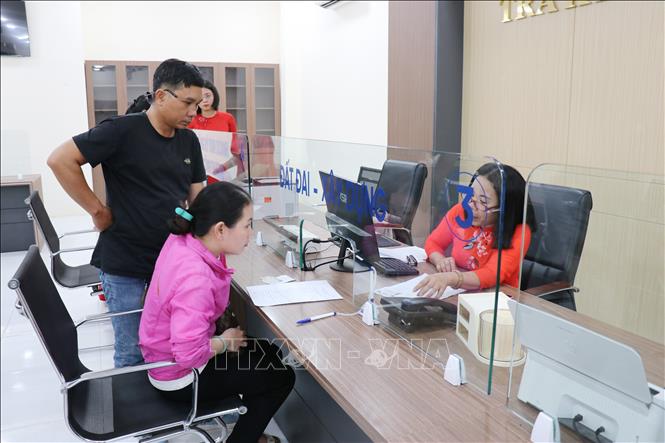
The bill clearly stipulates that the recruitment, management, placement, and utilization of civil servants must be based on the requirements of the job position and the competence and effectiveness of the civil servant's performance; there will be no examinations or assessments for promotion to higher professional ranks for civil servants. It also proposes reforms to civil servant recruitment by clearly defining competitive examinations, open and equitable selection processes, and methods for accepting high-quality human resources.
According to Mr. Nguyen Tu Long, one of the fundamental reasons for amending the Law on Public Employees is to ensure that the use of public employees is in accordance with the spirit of Resolution 57 of the Politburo on breakthroughs in the development of science, technology, innovation, and national digital transformation. The current law allows public employees to engage in professional activities that do not violate regulations, but it is unclear what their rights and responsibilities are, and what their authority is in establishing and operating businesses. The draft law approaches this from a perspective that does not prohibit such activities but requires them to comply with specialized legal regulations.
The bill expands the rights of civil servants by stipulating the conditions under which they may sign contracts to perform professional activities at public service units other than the public service unit where they currently work, or at other non-public agencies, organizations, or units. Civil servants working in public science and technology organizations and public higher education institutions may participate in capital contributions, management, and operation of businesses, work in businesses established by those organizations, or participate in establishing businesses to commercialize research results created by those organizations, with the approval of the head of the organization. In cases where the civil servant in a managerial position is the head of a public science and technology organization or public higher education institution, the approval of their direct superior is required.
Whether or not to allow civil servants to have "one foot in, one foot out" is a matter of concern for many National Assembly deputies, experts, and researchers. Regarding this regulation, Ms. Nguyen Thi Viet Nga, a National Assembly deputy from Hai Phong city, believes that it is necessary to clearly define the scope of what is permitted and not permitted for civil servants to participate in business activities. Civil servants in the fields of education, health, and science and technology can participate in science-based enterprises and technology transfer, but should not arbitrarily expand into areas unrelated to their expertise.
Furthermore, a clear conflict-of-interest control mechanism should be established to prevent civil servants from exploiting their positions, internal information, or state resources for personal gain while participating in businesses. Guidelines are needed regarding the responsibilities, obligations, and income regime for civil servants participating in businesses or signing contracts outside their agency. It must be ensured that civil servants continue to fulfill their duties at their agency without compromising the quality of their public service.
Similarly, Mr. Thai Quang Toan, former Director of the Organization and Personnel Department (Ministry of Interior), emphasized the need for a mechanism to utilize civil servants effectively, allowing them to excel in their professional skills without facing pressure from competition for positions and power. Civil servants may have some responsibilities outside the agency, but they must ensure they fulfill their assigned functions and duties well. During working hours, civil servants must diligently serve the people; outside of working hours, they are permitted to perform tasks as stipulated by law. Heads of agencies and units must regularly emphasize the professional responsibilities of civil servants, and if they are Party members, they must comply with the regulations on what Party members are not allowed to do.
According to current law, there is no prohibition against civil servants having "one foot in, one foot out," such as doctors, nurses, and technicians. Outside of their working hours in public hospitals, they are still allowed to work outside, such as opening their own clinics. Some people still perform their duties well in public hospitals while working in private clinics outside of their working hours.
Mr. Thai Quang Toan also stated that, with increased autonomy, the income of officials and employees in many public health and education institutions is quite good, such as in the K Hospital system and the Post and Telecommunications Academy... Increased financial autonomy will improve the income of public sector employees, reducing the problem of "having one foot in and one foot out" (referring to having multiple jobs outside the system).
Drawing from his own experience, Mr. Pham Tuan Khai, former Director of the Legal Department (Government Office), shared, "In the past, I was a civil servant, and I signed contracts with outside schools to teach extra classes because the salary was too low. We should address the issue of civil servants working outside the government sector for money and to make ends meet."
He suggested clarifying the definition of job positions in the law, redefining the concept of job positions, and defining job positions in each sector and field so that the Government can specify them. Regarding policies for civil servants and civil servant management policies, it is necessary to clarify what civil servants are allowed and not allowed to do; and the rights and obligations of civil servants.
However, Ms. Nguyen Thi Kim Thoa, former Director of the Criminal and Administrative Law Department, Ministry of Justice, expressed concern about the regulation in point b, clause 1, Article 13: civil servants are allowed to contribute capital, participate in the management and operation of non-public enterprises, cooperatives, hospitals, educational institutions and scientific research organizations, except in cases where the law on anti-corruption or specialized laws provide otherwise.
She explained that civil servants are people working in public service units, providing public services. Therefore, they must be present and on duty regularly to ensure that the needs of the people are met. “Now, if they sign contracts with other places, where does the principle of contracting based on job position go? Because job positions are precisely for performing these tasks,” she wondered, adding that this regulation is “a bit too broad.” The biggest losers are those who are supposed to receive public services.
Regarding the regulation allowing civil servants to participate in establishing and managing businesses, Ms. Thoa raised concerns related to the healthcare sector. She pointed out that when doctors working in public hospitals participate in establishing and managing private hospitals, there's a high possibility of superficial examinations, followed by referrals to private hospitals. "This is a major concern in many countries, and even more so in Vietnam due to poor compliance with the law," she said.
"Lawmaking must clearly define which areas are permitted to be managed outside the scope of public services. Essential public services like healthcare and education allow for management and operation, even allowing individuals to manage research units they themselves established or invested in within public institutions. I see this as creating significant opportunities for corruption and highlighting problems in law enforcement," expressed Ms. Nguyen Thi Kim Thoa.
Source: https://baotintuc.vn/thoi-su/vien-chuc-chan-trong-chan-ngoai-phan-dinh-ro-linh-vuc-duoc-lam-20251027112300471.htm





![[Image] Vietnam's colorful journey of innovation](/_next/image?url=https%3A%2F%2Fvphoto.vietnam.vn%2Fthumb%2F1200x675%2Fvietnam%2Fresource%2FIMAGE%2F2025%2F12%2F14%2F1765703036409_image-1.jpeg&w=3840&q=75)


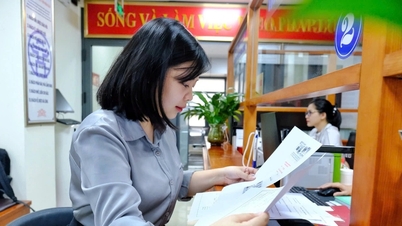

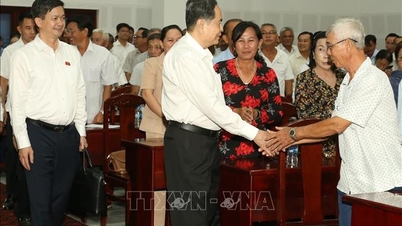
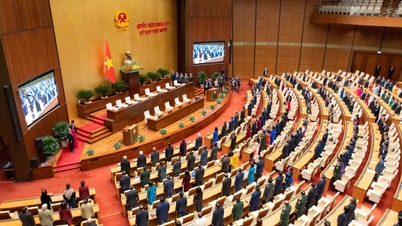
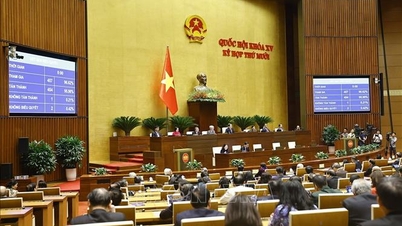








![[Image] Vietnam's colorful journey of innovation](https://vphoto.vietnam.vn/thumb/402x226/vietnam/resource/IMAGE/2025/12/14/1765703036409_image-1.jpeg)

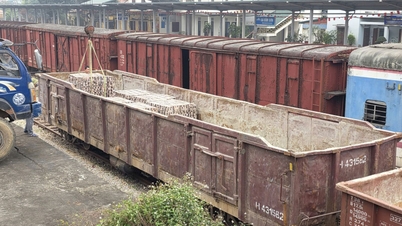
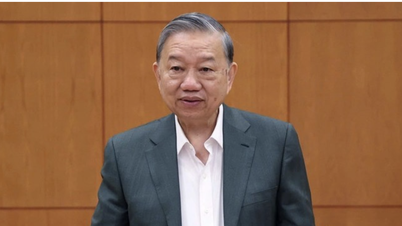





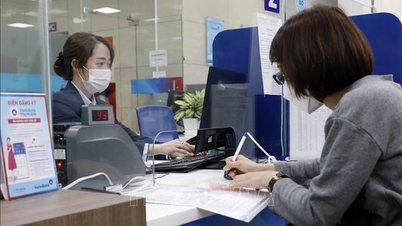
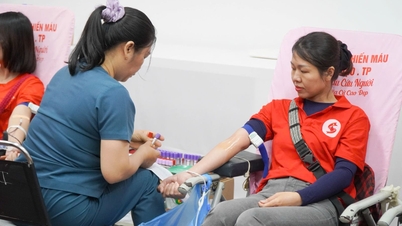
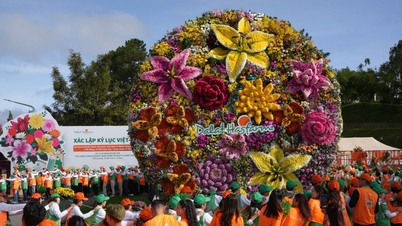
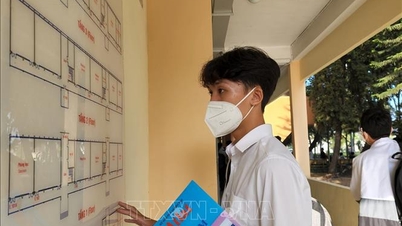

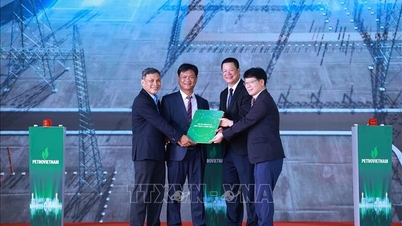

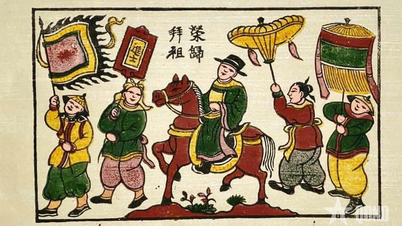









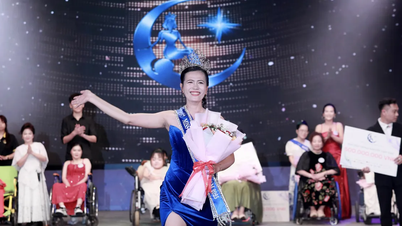

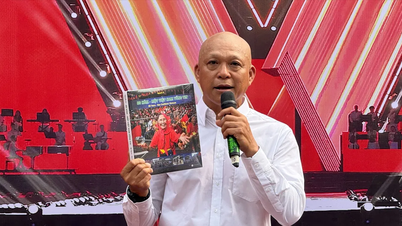
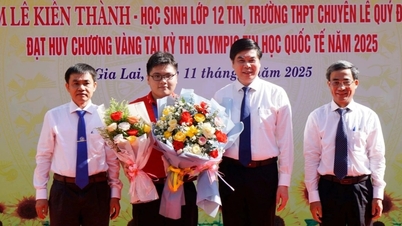






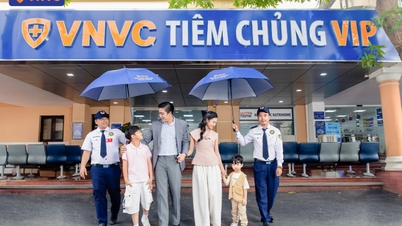














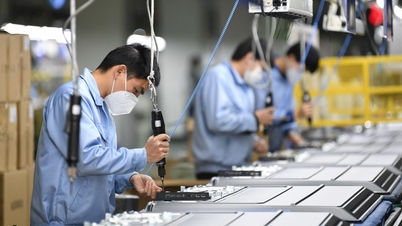




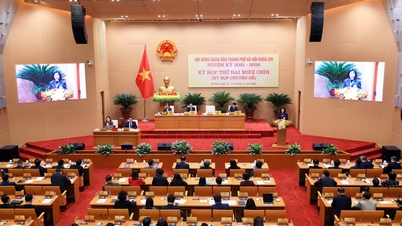

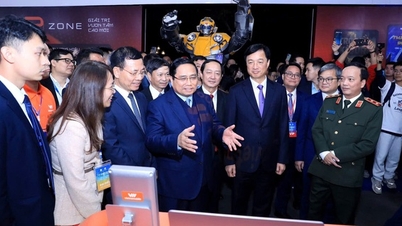

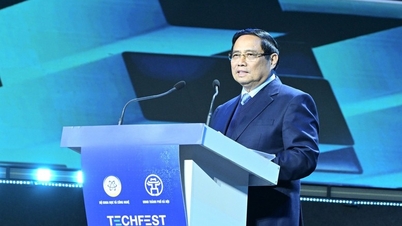
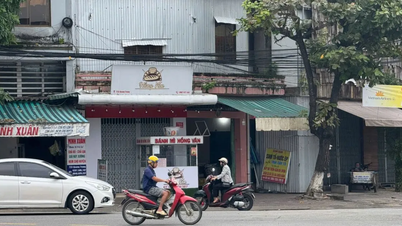
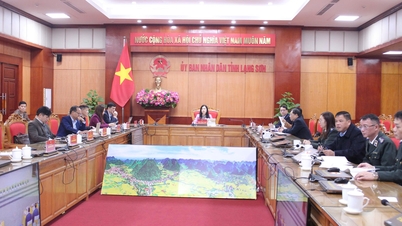

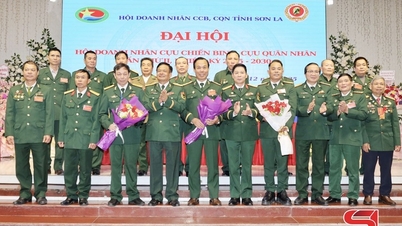




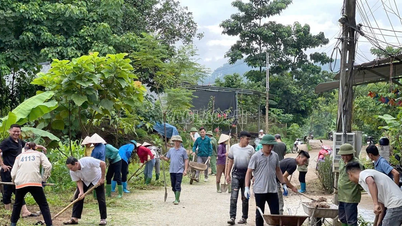











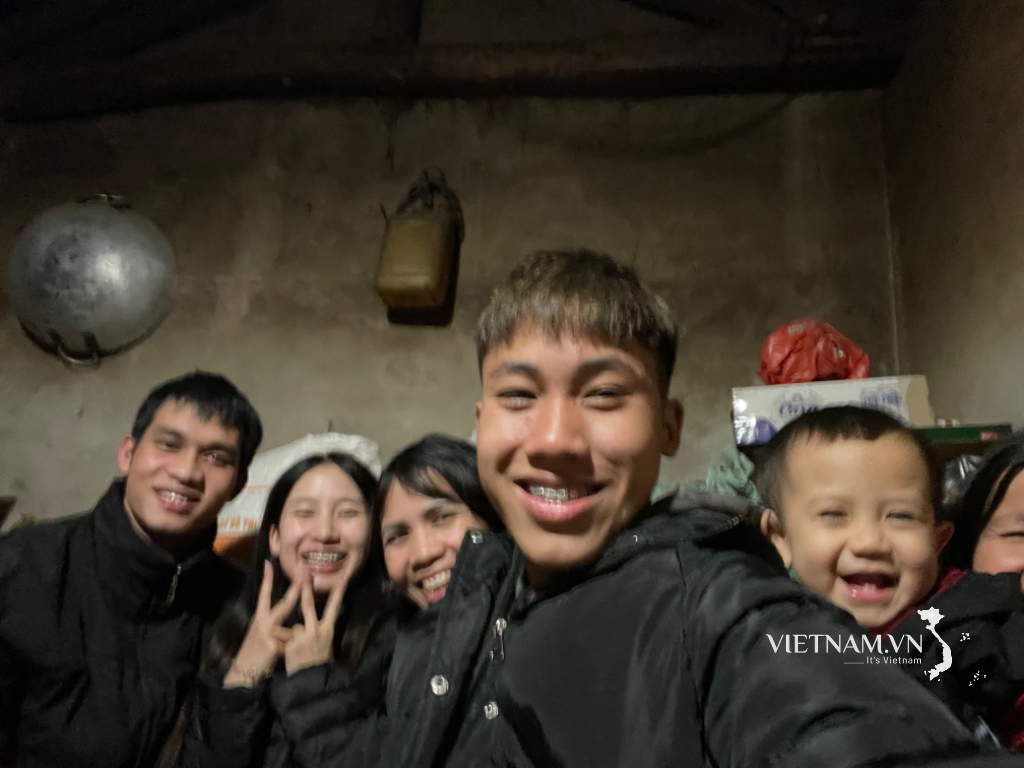



Comment (0)